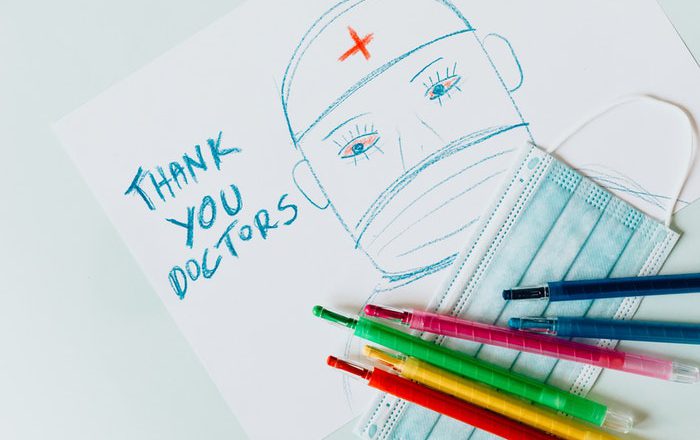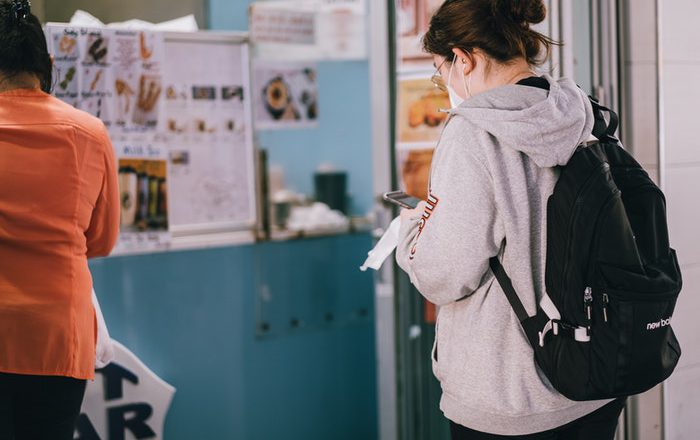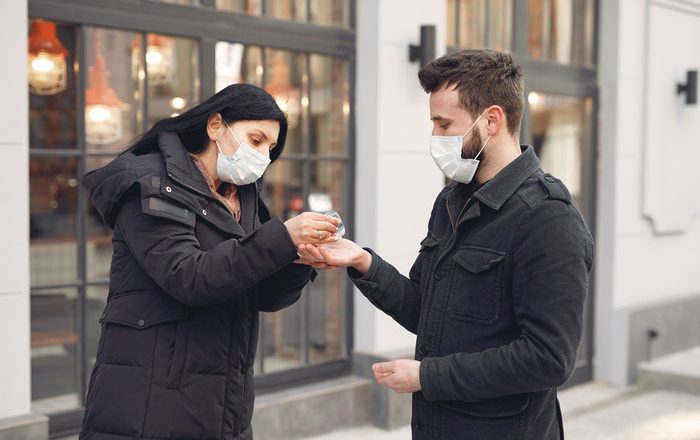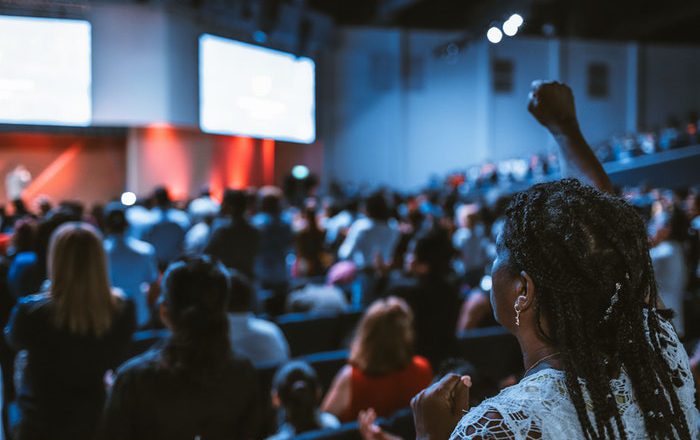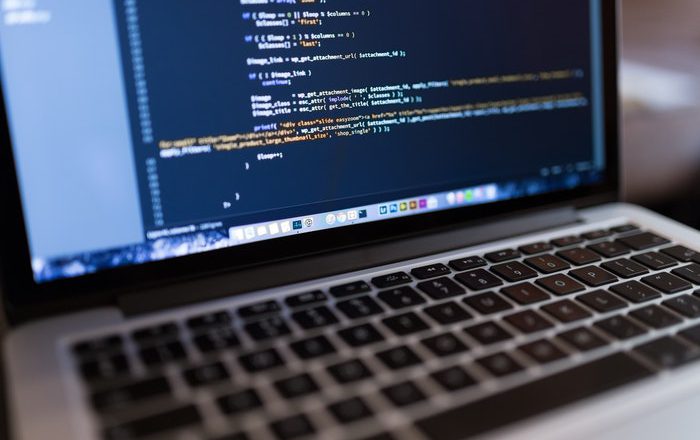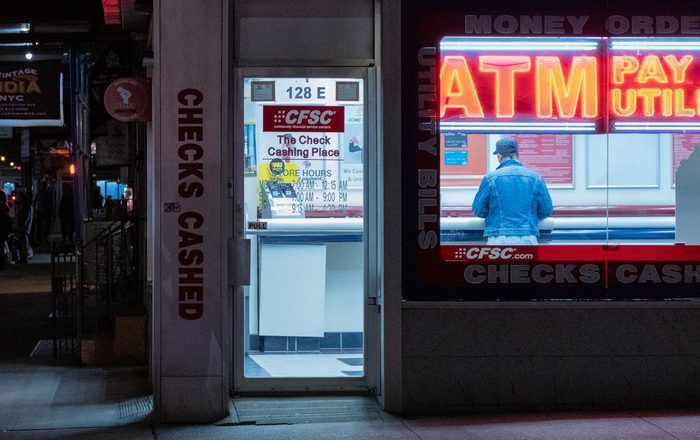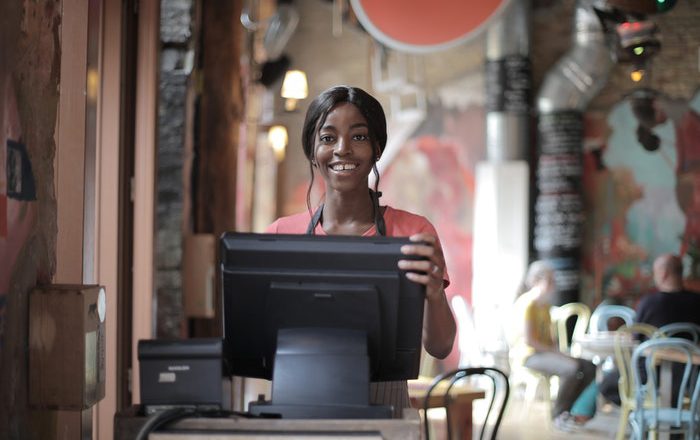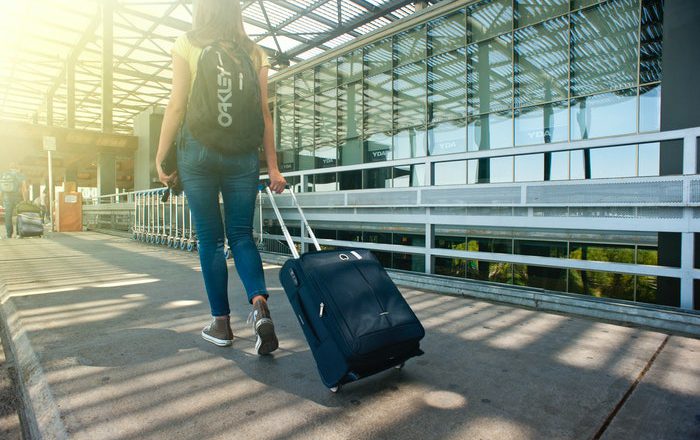Doctors can’t treat COVID-19 effectively without recognizing the social justice aspects of health
Recent data shows that black, Latino, indigenous and immigrant communities are disproportionately affected by COVID-19, due in large part to the persistent legacy of structural racism – practices and policies that systematically benefit white people and harm people of color.
From the Bronx and Queens, New York to the Mission District in San Francisco, to the Navajo Nation and black communities of New Orleans, Detroit and Oakland, the message is clear: COVID-19 highlights our societal failures at the intersections of public health, health care and social justice. If health inequities weren’t severe and oppressive enough, add on the layer of police brutality that takes black lives on a regular basis. No matter where we look, our system has continually devalued black bodies and lives.
As an...

